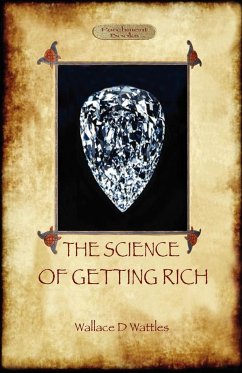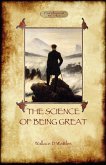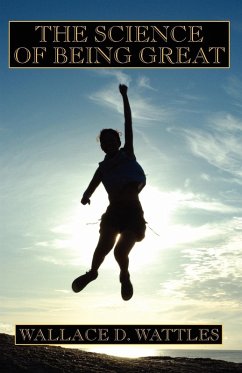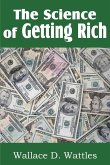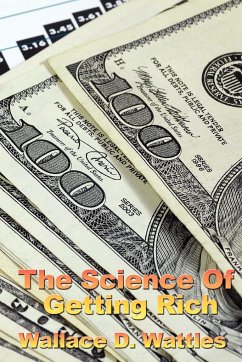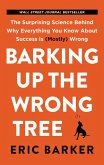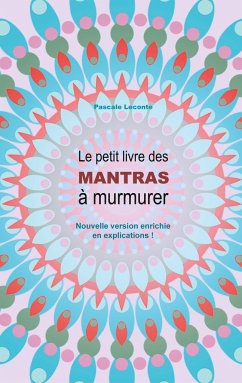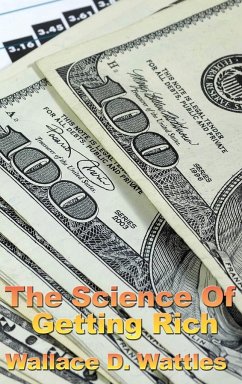Published in 1910, 'The Science of Getting Rich' was the first book to use the Law of Attraction as a means to achieve personal prosperity. According to this law, all phenomena of similar frequency are drawn together. Sustained thought (together with emotion) on a single desire will invariably attract the circumstances and individuals that will manifest that desire. In essence, you can make your own 'luck'. This astonishing work was the inspiration for the best-selling book and film 'The Secret'. In 17 short, non-nonsense chapters, the author reveals how to embrace the idea of wealth, to visualise success, to overcome mental barriers, and how to understand that "creation, not competition, is the hidden key to wealth attraction."
Hinweis: Dieser Artikel kann nur an eine deutsche Lieferadresse ausgeliefert werden.
Hinweis: Dieser Artikel kann nur an eine deutsche Lieferadresse ausgeliefert werden.

